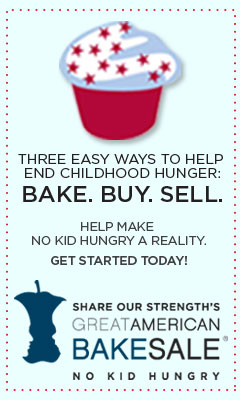For example, a study was made in Rhode Island Hospital to compare two groups of eight months old – one group was read to often as babies, while the other was not. It was shown that those who were read to have their “receptive” vocabularies (number of words they understand) increased 40 per cent since babyhood, while the non-reading group increased by only 16 per cent.
Indeed, reading to your kid is one of the most effective way of building the “language” neural connections in his growing brain.

Other benefits of reading to your kid are as follows:
- Reading to your kid makes you bond with him, and this gives your child a sense of intimacy and well-being.
- The intimacy of reading to your kid is such a pleasurable experience to him that he will have a positive attitude towards reading as he grows up.
- It calms your child, especially when he is fretful and restless.
- It promotes increased communication between you and your child.
- Pre-school children who are exposed to language by hearing words that are read to him and in conversation tend to do well in school.
- It promotes longer attention span, which is an important skill for your kid to be able to concentrate.
- It builds listening skills and imagination.
- Your young child learns about colors, shapes, numbers, and letters, while your older child discovers an expanding chain of knowledge. His interest in cars, for example, will expand to his interest in trucks, and other transportation like planes and rockets, and soon he will be reading about outer space, science and technology, and so forth.
- Books teach your child about relationships, situations, personalities, and what is good and what is bad in the world he lives in. Fantasy books provide material for his imagination and free play. Fairy tales fascinate your kid, and help him distinguish between what is real and what is not.
- Since your kid imitates your behavior, let him see you read books. Let him know that reading is a part of life!
- Let your child feel that reading a book with him is a pleasurable and enjoyable experience, and not a stressful activity that you are forcing him to do.
- Form a habit of reading to him at the same time each day, or at least several times a week. Choose a time when you and your child are both relaxed and not rushed.
- Choose books that your kid will be most interested in, and appropriate for his age. A young child likes colorful drawings and pictures of people.
- To help your child understand that letters and words are symbols that are used to communicate, run your finger under the print but don’t force your child to follow your finger.
- Sometimes, your kid likes a particular book and wants to read it repeatedly. Do not discourage this, since he finds reading this book pleasurable - and pleasure is what he should get from reading! Also, he is getting the most out of this book and is giving you a hint about his interest!
- Expose your kid though to a variety of books.
- You can use reading as a way to allay your child’s fears or prepare him for changes in his life. For example, you can choose books about using the potty, going to school, or moving to a new house when he is about to have these new experiences.
- Teach your child to treasure books and treat them with respect – keeping them clean and in good condition.
- Surround your kid with books. Keep books where your kid can easily reach them so he will be able to browse them by himself.
- Take books to read to your child on long trips and places where you have to wait like the doctor’s office.Tips on Reading to Your toddler:
- Do things that will make reading a book more entertaining to your child – and to you. You can use different tones of voice for different situations, choose different voices for characters, and so on. It is not just what you are reading that matters, but also how you read it.
- You may tell the story in your own words if the words on the book is too complex for your child, and you don’t want him to lose interest.
- Give your child time to make the most out of every page of the book. Encourage him to look at the pictures, point out objects, repeat words, and talk about the story.
- Ask questions like “Who did that?”, “What is she doing?”, “What is that called?”. Also, to keep your child involved in the story, do not read straight through. Ask questions like “Why do you think it happened?” and “What do you think will happen next?”
- After reading a book, take time to ask your child question about what he liked or didn’t like about the story.
- To build your child’s vocabulary, ask him about where an object is in the book. Praise him every time he points or names an object.
- Choose books that tell a story with a lot of repetition and have the same words appearing over and over.
- If you have more than one child, read to each child separately, especially if they’re more than 2 years apart. Reading to children with different ages together is also a good practice.



No comments:
Post a Comment